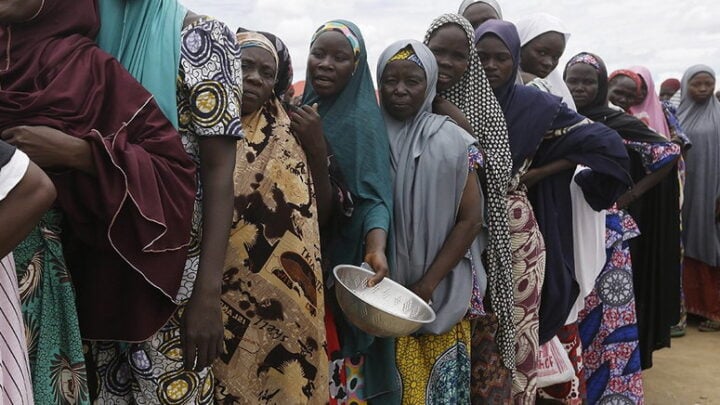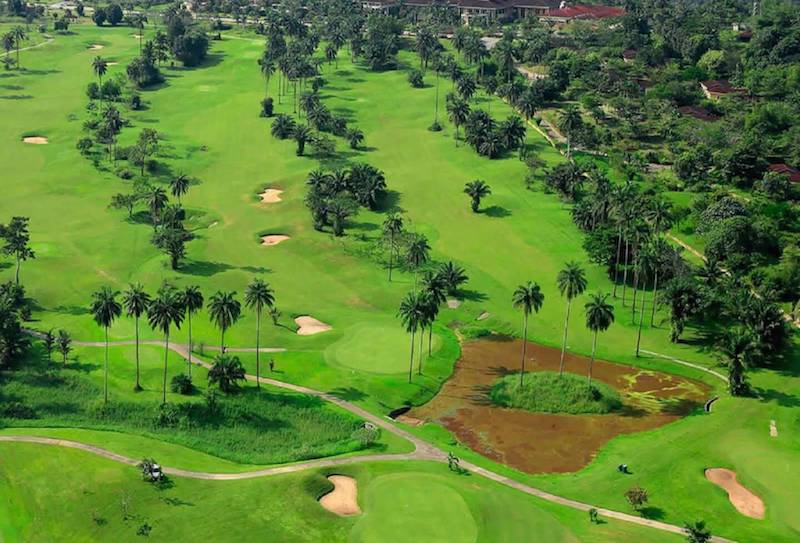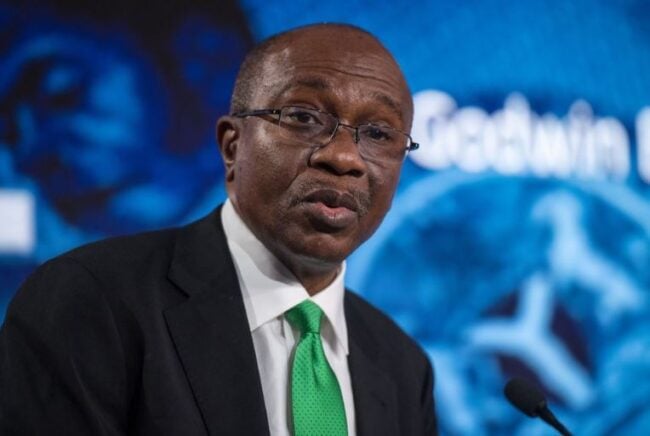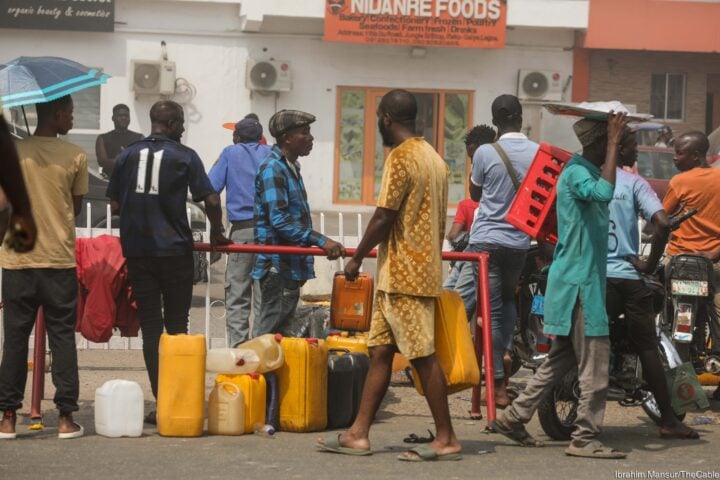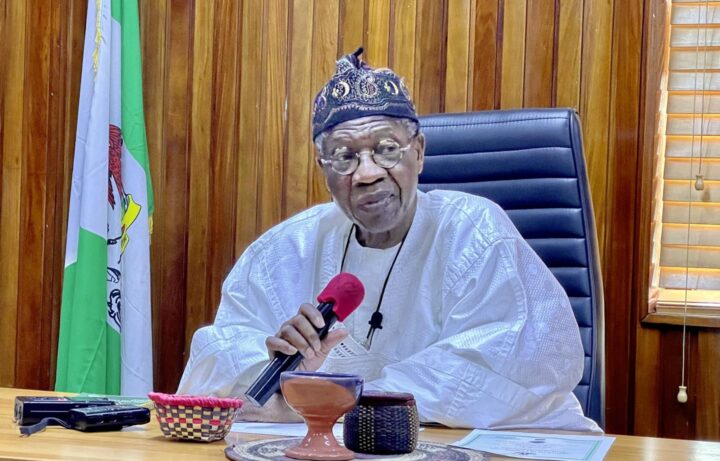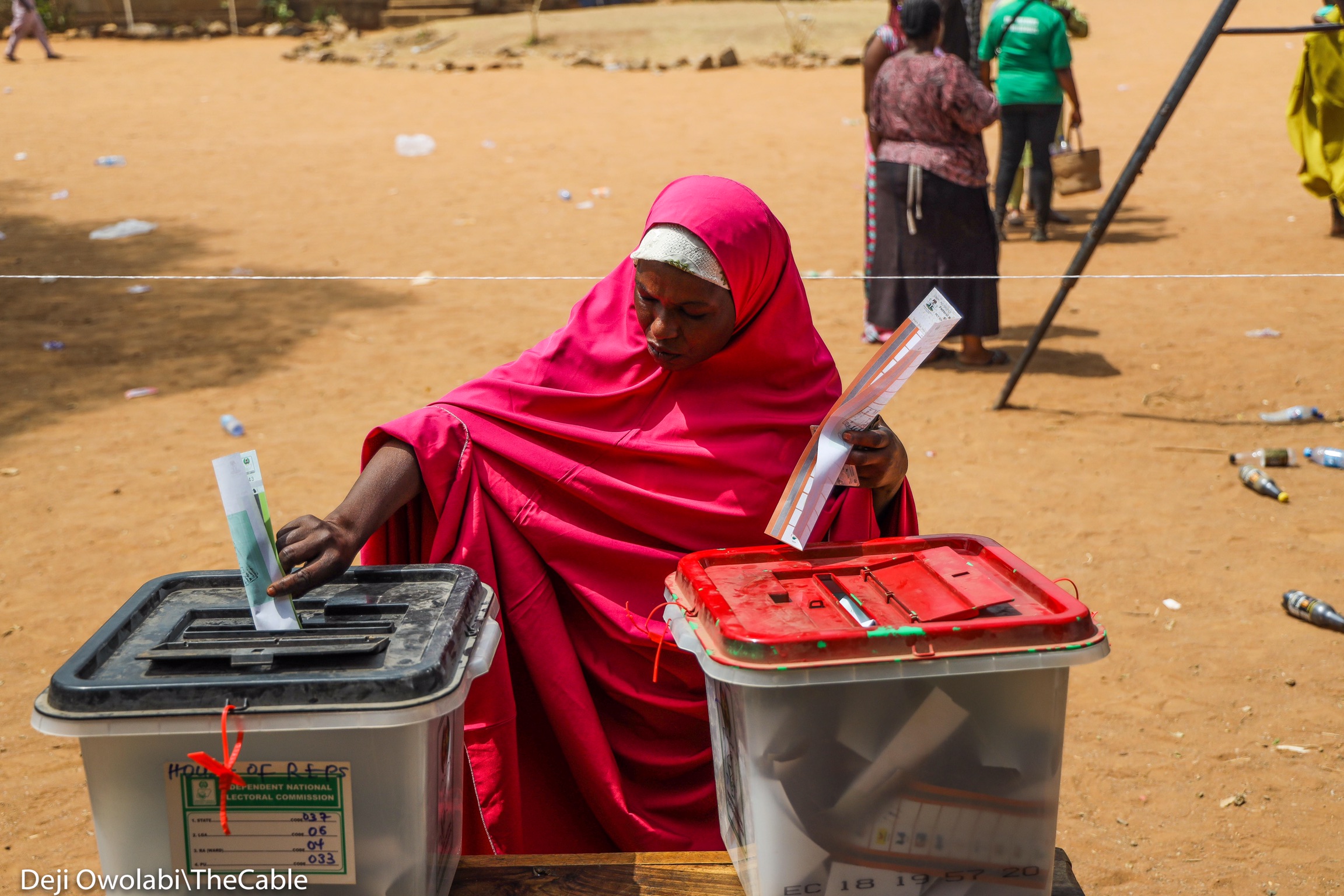Make no mistake about it; there is another pandemic in town, unlike the one before it, this pandemic does not affect the lung or liver, rather the pocket of Nigerians — leaving more families poor while for many others, surviving each day has become an achievement!
Growing up, one of the prayers I heard people say frequently in Yoruba, loosely translated in English as “may your pockets never run dry”, the prayer was a metaphor for abundance, plenty and replenishment, following an act of kindness! Today, I am reminded that it is perhaps the single most important prayer in today’s Nigeria, as we all meander through the current economic hardship and financial strain.
In the last eight years, the price of basic staples, such as bread, rice, cereals, potatoes, yam, fish, meat and oil, have increased exponentially, leading to a decline in individual and household income. In November 2022, the country’s headline inflation hit a 17-year high, at 21.47%; the highest recorded since September 2005 and at least 6.07% higher than what was recorded in November 2021. The reality today is that, almost all Nigerians have become poorer in naira terms over the last eight years, while those at the lower rung of the ladder have been condemned to near destitution and despair!
The implication of the economic strain is that every minute, more Nigerians fall below the poverty line, as a result of the steady rise in headline and food inflation, without proportionate improvement in purchasing power and household income. I am however worried that more than any other time, Nigeria is at the risk of cultivating an army of poor, hungry and angry citizens, who can potentially be a destabilising force rather than a force for good!
Advertisement
In September 2022, the exchange rate of the naira crossed the N700 mark to $1 and has steadily exchanged for N735/$1, since then, at some time even more. Since October 2022, Nigerians have endured the impact of fuel scarcity, within the period, fuel has sold at an average of N250 per litre in Lagos where I live, it is reported that some petrol stations even sell for as high as N300 a litre, from N169 in September 2022. The scarcity alone has had a significant impact on the cost of transportation and the general cost of food items!
Let us take food inflation for example, eight years ago, a 50kg bag of rice was sold between N7,500 and N8,500, today the same kilogram of rice sells for an average of N35,000 to N40,000, in some places even more. Within the same period, a crate of egg, which used to sell for N700, today the same egg is sold for an average of N2,000. Again, within the same period, the average price of fish was N900; today the same fish sells for N1,800 and even more in some places.
As at mid-2022, a 70g of noodles was sold for an average price of N80, today the same sells for at least N130, same for a 500g of bread which rose from N400 to N800; about double the price, while a 500g of Golden Penny semovita now cost N550 from N300 within the same period. May our pockets never run dry. Amen.
Advertisement
From destitution, homelessness, despair, inequality, unemployment and hunger, the implication is already clear, according to the Nigeria Multidimensional Poverty Index released in November 2022; about 133 Million Nigerians are living in multidimensional poverty. The bureau noted that the increase in the level of poverty was as a result of deprivations in sanitation, healthcare, food, security and housing.
Today, our human capital indices continue to degenerate. In 2018, the United Nations Human development Index ranked Nigeria 158 out of 189 countries, failing to stand shoulder to shoulder with countries like Singapore, Malaysia and even Brazil that were once in the same per capita income bracket in the 1960s. For the avoidance of doubt, Nigeria’s per capita income has remained a paltry $2,229 for a long time, compared to Malaysia’s $11,521. Inadequate!
There is no doubt that the economic crisis we currently have in our hands is largely the result of the clear failure of fiscal and monetary policy. While I agree that there are also extraneous factors that have impacted our economy, this is more about us than we would lazily want to hang on the global cost of living crisis and the Russia-Ukraine crisis!
Matter of factly, I find it curious that those who are responsible for bringing Nigerians to this sorry pass have continued to hold on to office without remorse, apology, responsibility or even resignation, I sometimes wonder how unconscionable political leaders can be to sit-tight while everything keep crashing down on our heads. The other day, when a prime minister in the UK could not deliver on her campaign promises, she resigned in barely 43 days, where are Nigerian leaders to take a cue from such nobility.
Advertisement
I have always argued that the most important ingredient for good governance is political leadership. This is why I believe that the February 2023 elections is a fight for the future of Nigeria. Almost all our social and economic indices suggest that Nigeria cannot afford to get it wrong and only a competent and effective leadership can turn the tide to avoid a further slide.
While we await the outcome of the election, I commend my readers in the timeless prayer that “may your pockets never run dry”. Amen.
Awogbenle is a communications professional and the Author of The Urgency of Now.
Advertisement
Views expressed by contributors are strictly personal and not of TheCable.
Add a comment

